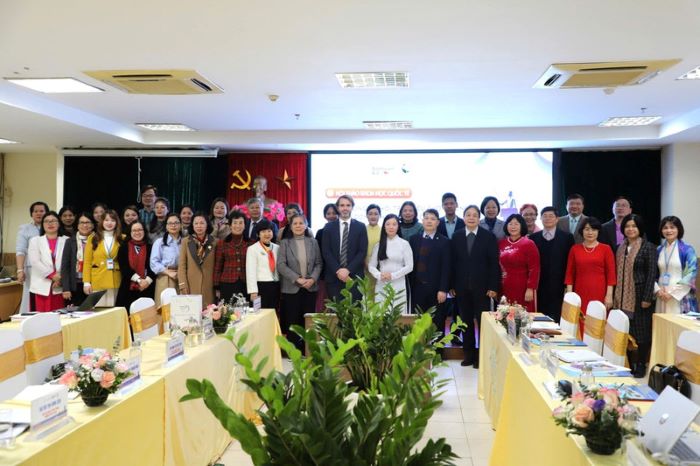Young Only-Child Parents in China Rush to Find Playmates for Their Even Lonelier Children
Harking back to the now-abandoned custom of parents arranging their children's marriage, it is jokingly called "child marriage."
"'Child marriage' now does not mean the promise of real marriage. It just means close playmates," said bank worker Deng Hewei, the father of a one-year-old boy in southwest
Deng has found more than one "wife" for his boy among the daughters of his friends. "Because the parents are already good friends, the children get along easily," he said.
Some parents seek "child marriage" partners for their children through online postings. Some even upload photographs of their children.
”"My only son is two and a half years old. He is very lonely. I want to find him a girl partner living nearby. Our two families can go traveling together," said one posting from "Recharge Card."
"We can play games together, share the children's toys, and discuss children's education," netizen "Smurfs" wrote in another online posting.
"The goal of 'child marriage' for me is finding more friends for my little daughter," a mother surnamed Qin who works at the Coca-Cola Company in
"Smurfs" and Qin belong to
"We do not want our children to have a lonely childhood like ours," Qin said.
"Smurfs" and Qin's views are commonly held by the many young couples who grew up as only children.
In fact, the childhood of parents who grew up in one-child families are even lonelier because they have no uncles or aunties.
"Living in high-rise buildings impedes communication between children and their partners, and more and more children lack interpersonal skills," said Qin Ke, a kindergarten teacher in southern
"The second generation of only children are used to depending on their parents and grandparents for everything. So they are more likely to be selfish and weak in the face of frustration," Qin said.
Therefore, nowadays, young parents are trying various means, including "child marriage," to increase the number of relationships their only children have.
According to a survey conducted by the web portal sina.com, 67.1 percent of 1,279 respondents believed that "child marriage" helps relieve the loneliness of only child while also improving their social communication skills. However, 50.3 percent reject the name "child marriage" even though it is just for fun.
A posting from "Shihan" said it was absurd to call it as "child marriage".
"This kind of joking relationship as 'husband' and 'wife' may possibly impact on the children's concept of love, even lead to prematurity," said the posting.
Cao Zhaoyang, a professor of psychology at
He said the "post-80s" parents' own experience has informed their views and that the idea of finding partners for their only child is acceptable and worthwhile.
"However, it's not appropriate to call it 'child marriage' as the premature use of the husband and wife titles may block the child's normal communication with other friends," he said.
Cao suggested parents simply call it "Finding a Partner for My Child."
It's estimated that if the policy had not been implemented, the country's population would now be 400 million more than its current 1.3 billion.
One the one hand, the policy suited
But on the other hand, a single child may feel lonely and the elderly are often happier if they have many children and grandchildren to carry on the family line.
Another government policy is that when a single child marries another single child, the couple is entitled to have two children.
As for a further relaxation of the family-planning policy, there are many experts and scholars pushing for it.
(Source: Xinhua)






